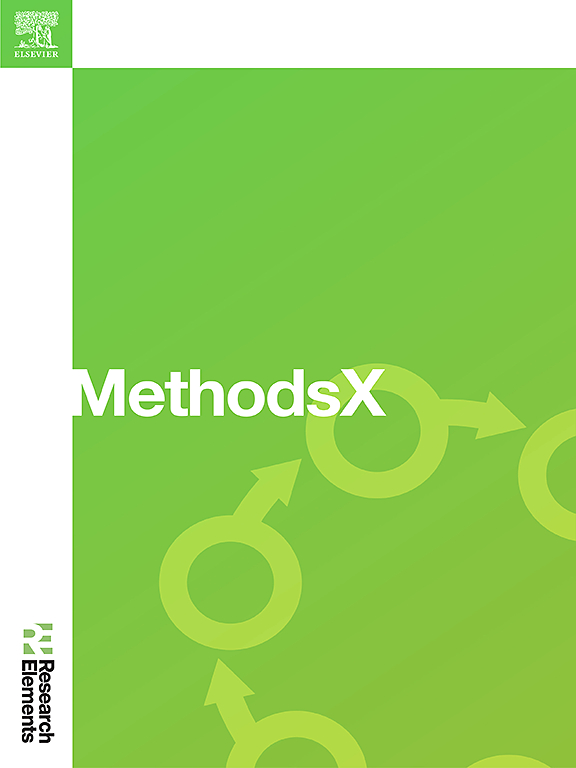Protocol for data collection on the language of poor students in Malaysia
IF 1.9
Q2 MULTIDISCIPLINARY SCIENCES
引用次数: 0
Abstract
Poverty is defined as the lack of financial resources to meet basic needs, including insufficient goods, poor physical health, inadequate food and clothing, the absence of proper housing, and the lack of employment that provides a stable income. This deprivation affects the educational development of students from impoverished backgrounds. To identify and analyze data on extremely poor students, a protocol was developed. This protocol is named the Protocol for Data Collection on the Language of Poor Students in Malaysia. It is divided into three main phases and nine steps to facilitate the data collection process. Collecting data from this vulnerable group requires adherence to specific ethical guidelines, which encompass both educational and human ethics. Compliance with these ethical standards ensures a clearer understanding of the data collected. The data gathered is multi-sourced, involving language (oral and written), economics (income, etc.), social factors (gender, etc.), and geography (location). All these elements contribute to achieving SDG 4 (Quality Education) and support SDG 1 (No Poverty).
Overall, this methodology:
A protocol was designed to collect language data from extremely poor students in Malaysia.
The data collection process adheres to specific ethical guidelines, including educational and human ethics, to ensure the respectful and responsible gathering of sensitive data from vulnerable groups.
The collected data includes various sources such as language (oral and written), socioeconomic factors (income), social factors (gender), and geographical location, allowing for a comprehensive analysis of the factors influencing extreme poverty in educational contexts.

马来西亚贫困学生语言数据收集议定书
贫穷的定义是缺乏满足基本需要的财政资源,包括商品不足、身体健康状况不佳、食物和衣服不足、没有适当的住房以及缺乏提供稳定收入的就业机会。这种剥夺影响了贫困家庭学生的教育发展。为了识别和分析极端贫困学生的数据,制定了一项协议。该协议被命名为《马来西亚贫困学生语言数据收集协议》。它分为三个主要阶段和九个步骤,以方便数据收集过程。从这一弱势群体收集数据需要遵守具体的道德准则,其中包括教育和人类道德。遵守这些道德标准可确保更清楚地了解所收集的数据。收集的数据是多来源的,涉及语言(口头和书面)、经济(收入等)、社会因素(性别等)和地理(位置)。所有这些因素都有助于实现可持续发展目标4(优质教育),并支持可持续发展目标1(无贫困)。总的来说,这个方法:设计了一个协议来收集马来西亚极端贫困学生的语言数据。数据收集过程遵守具体的道德准则,包括教育和人类道德,以确保尊重和负责地收集弱势群体的敏感数据。收集的数据包括各种来源,如语言(口头和书面)、社会经济因素(收入)、社会因素(性别)和地理位置,从而能够全面分析在教育背景下影响极端贫困的因素。
本文章由计算机程序翻译,如有差异,请以英文原文为准。
求助全文
约1分钟内获得全文
求助全文
来源期刊

MethodsX
Health Professions-Medical Laboratory Technology
CiteScore
3.60
自引率
5.30%
发文量
314
审稿时长
7 weeks
期刊介绍:
 求助内容:
求助内容: 应助结果提醒方式:
应助结果提醒方式:


